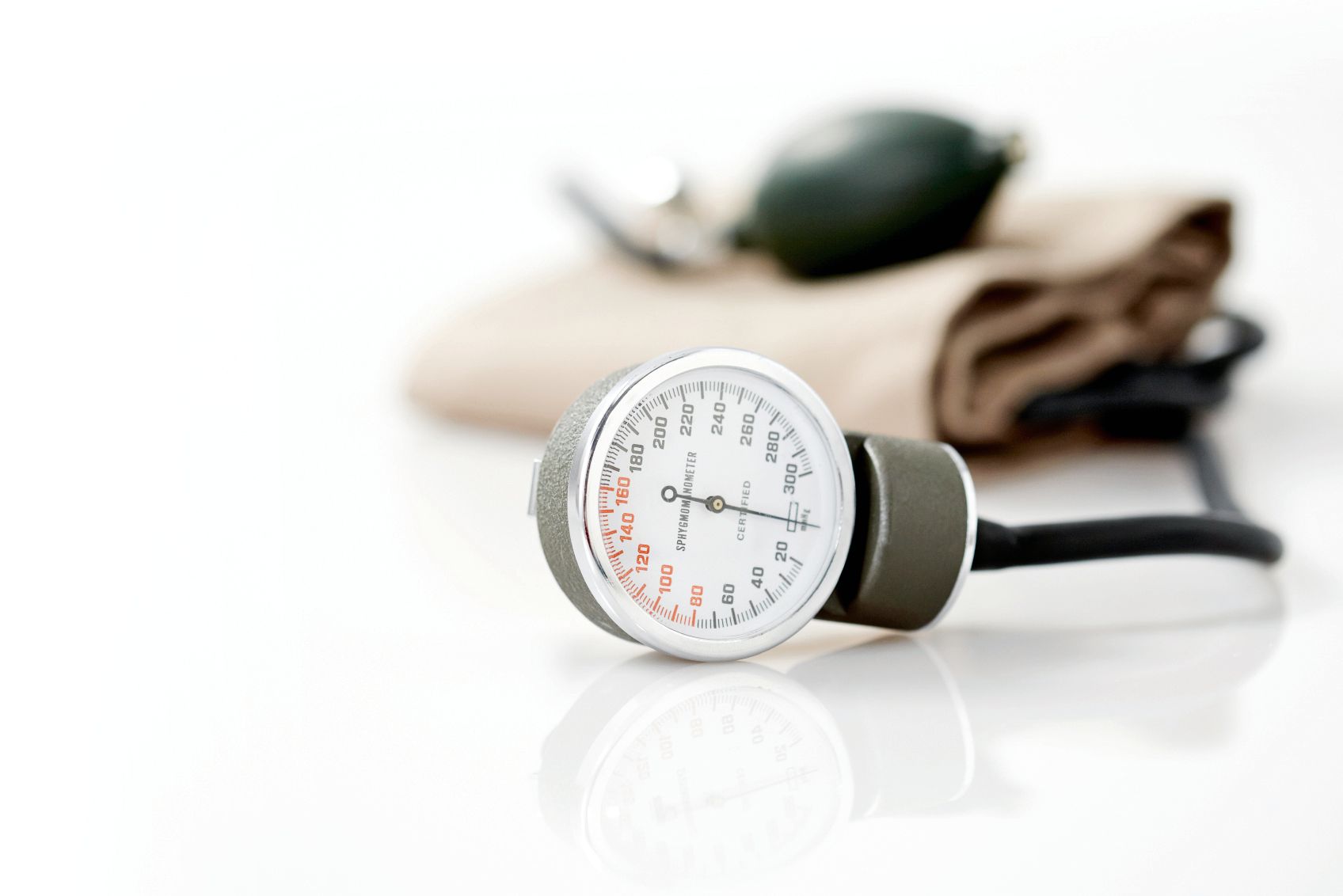Heart Health: A New Realm for Probiotics
“It's time to recognize [probiotics’] potential role as a simple and natural tool in cholesterol management."

DuPont Nutrition & Health (Paris) is bringing a clinically proven cholesterol-health probiotic ingredient to market, thanks to a licensing agreement with biotechnology firm AB-Biotics (Barcelona). AB-Life is described as “a probiotic product with the ability to reduce the risk of cardiovascular disease by normalizing serum lipids, reducing vascular inflammation, and lowering blood pressure.”
DuPont will exclusively and globally produce, market, and sell AB-Life, while AB-Biotics will continue clinical research on AB-Life.
Cardiovascular health is a relatively new interest area for probiotics, says Didier Carcano, vice president, health platforms leader, DuPont Nutrition & Health. “The effect of probiotics on biomarkers of cardiovascular disease (blood cholesterol levels) has been studied for about 10 years. This is a new domain of investigation in comparison to scientific demonstration of the probiotic effects on digestive or immune health.”
Most consumers don’t yet associate heart health and probiotics, Carcano adds. “Consumers are not yet aware of probiotics’ effects on cholesterol reduction. Consumers are generally linking probiotics with digestive and immune health.”
But research on probiotics and cardiovascular health is growing. Earlier this year, a review1 published in Nutrition Reviews analyzed 26 clinical studies and two meta-analyses on probiotic strains’ ability to lower cholesterol. The Nutrition Reviews author notes that four probiotic strains were found to significantly reduce LDL cholesterol-Lactobacillus reuteri NCIMB 30242 (trade name Cardioviva), Enterococcus faecium, and the combination of Lactobacillus acidophilus La5 and Bifidobacterium lactis Bb12. Two other synbiotics, L. acidophilus CHO-220 plus inulin and L. acidophilus plus fructo-oligosaccharides, were also shown to lower LDL cholesterol.
Carcano points out that “the cholesterol-lowering potential of probiotics is very much strain dependent” and that “only very few strains have demonstrated some effect on cholesterol reduction” so far.
A 2012 randomized, double-blind, placebo-controlled 60-subject human study in the British Journal of Nutrition2showed that AB-Life’s probiotic strains-Lactobacillus plantarum CECT 7527, CECT 7528, and CECT 7529-significantly reduced total plasma cholesterol levels by 13.6% within 12 weeks, especially in patients with higher cholesterol levels.
Researchers believe certain probiotic strains may help to lower cholesterol by way of a process called enterohepatic circulation. During enterohepatic circulation, the bile salts used for digestion and nutrient absorption are recycled and re-circulated in the body. (Once the liver secretes bile acids, those bile acids are reabsorbed by the intestine and returned to the liver in the blood once more to be secreted again as bile.) Although the body recycles a majority of bile salts, it does synthesize some bile salts using some of the blood’s cholesterol molecules in the process. Some probiotic strains may have the effect of reducing the body’s reabsorption of bile salts, thereby requiring the liver to produce more bile salts and ridding the blood of more cholesterol in the process.
According to AB-Biotics, AB-Life offers benefits over some other cholesterol-lowering nutrients like plant sterols. For instance, while plant sterols only address dietary cholesterol by inhibiting dietary cholesterol absorption, AB-Life affects both dietary and endogenously synthesized cholesterol. Plus, according to the British Journal of Nutrition researchers, endogenously synthesized cholesterol accounts for a larger percentage of the blood’s cholesterol compared to absorbed dietary cholesterol. “Taken into account that approximately 25% of the plasma cholesterol production rate is due to absorbed dietary cholesterol and 75% is accounted for by endogenously synthesized cholesterol, the effect of phytosterol on circulating LDL-cholesterol could be limited,” the researchers wrote.
“It's time to recognize [probiotics’] potential role as a simple and natural tool in cholesterol management,” wrote Doug DiRienzo, PhD, author of the Nutrition Reviews paper.
But getting consumers to link probiotics with cholesterol benefits will take some work. “The growth potential for probiotics in the cardio space is important but will require time and consumer education,” Carcano says.
Jennifer Grebow
Editor-in-Chief
Nutritional Outlook magazine jennifer.grebow@ubm.com
References
1. DiRienzo DB, “Effect of probiotics on biomarkers of cardiovascular disease: implications for heart-healthy diets,” Nutrition Reviews, vol. 72, no. 1 (January 2014): 18-29.
2. Fuentes MC, “Cholesterol-lowering efficacy of Lactobacillus plantarum CECT 7527, 7528 and 7529 in hypercholesterolaemic adults,” British Journal of Nutrition, vol. 109, no. 10 (May 28, 2013): 1866-1872.
The Nutritional Outlook Podcast Episode 39: Nutritional Outlook's Ingredients to Watch in 2025
February 25th 2025In this episode, Nutritional Outlook interviews Scott Dicker, market insights director from market researcher SPINS, about ingredients and product categories nutraceutical and nutrition product manufacturers should watch in 2025.










